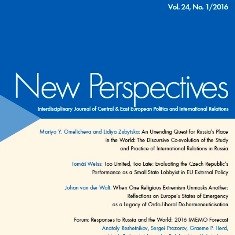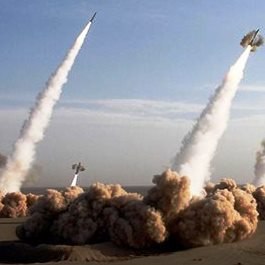(CEEOL) The idea of ‘Global IR’ generated a growing interest in ‘national schools’ of IR and their contribution to understanding the diversity of international relations. As a part of this discussion, the current study is set to explore what has been presented as Russian IR theory and its utility for understanding Russian foreign policy and international relations. Our contention is that there is still not a Russian ‘national school’ of IR with a distinct set of concepts and theories, research methods, and standards for assessing its legitimate contributions to global knowledge. Strongly influenced by the theoretical developments in the West, Russian IR has produced a number of conceptual innovations for the study of IR, but its highly ideological and relativist character limits its global appeal. The dominant Russian IR perspectives resonate with the world imagery and foreign policy agenda of the Kremlin administration not because they offer a novel and productive way of studying Russian foreign policy, but because Russian theoretical perspectives have been shaped, by and large, by political rather than academic considerations. To map out the complex theoretical landscape of Russian IR and how it relates to perspectives of Russian foreign policy-makers, this study employs discourse theory to analyse the co-evolution of the study and practice of Russian IR. […]
Read More © Central and Eastern European Online Library (CEEOL)











